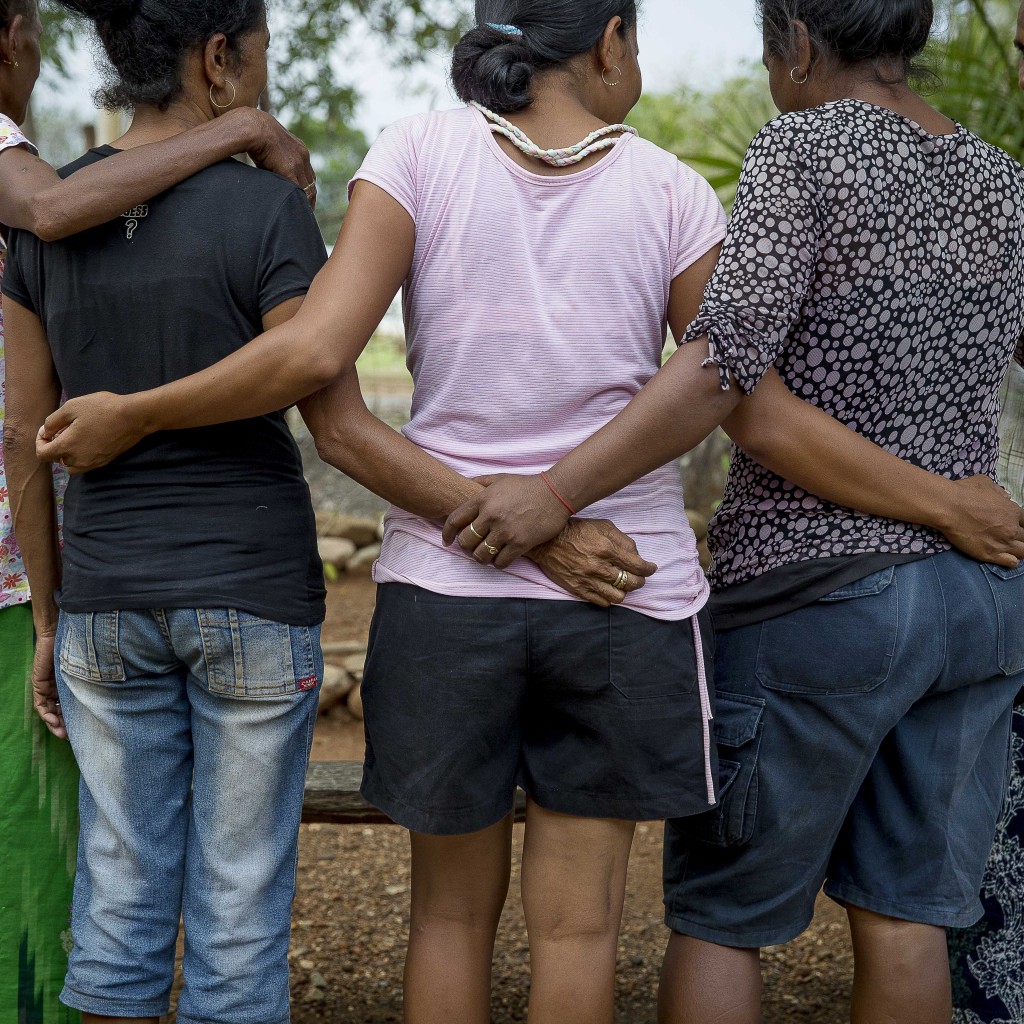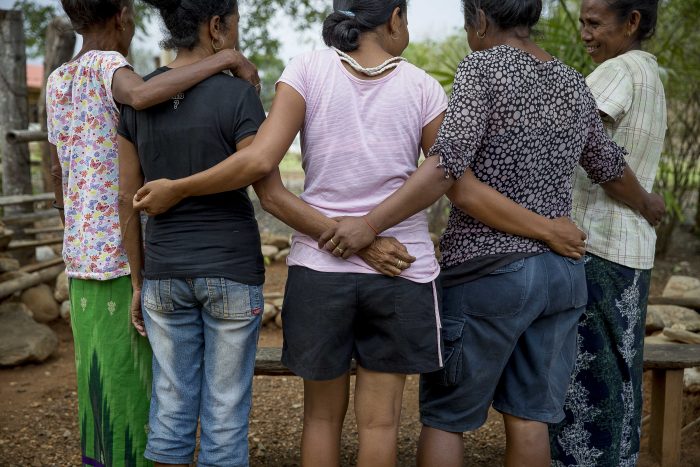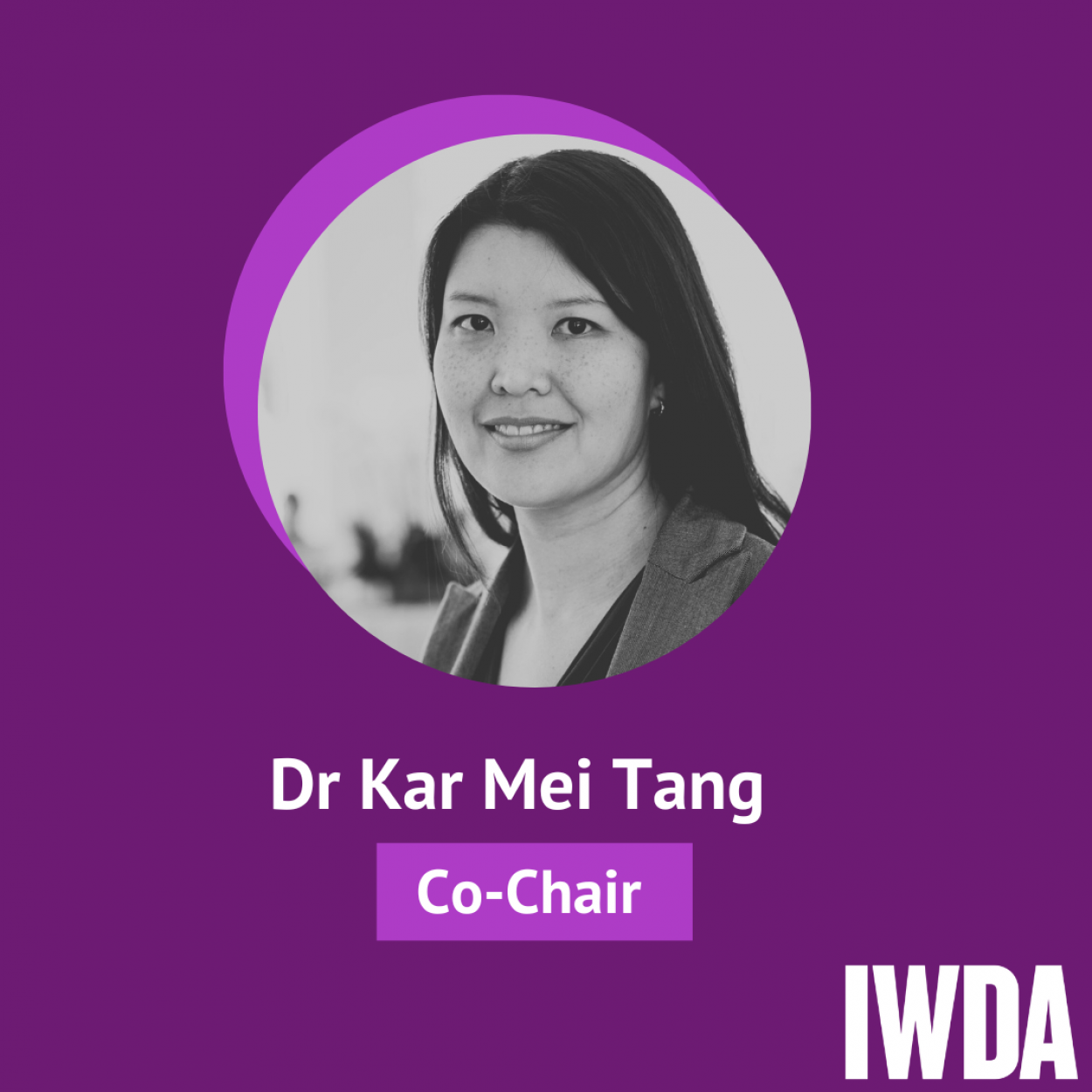
Time to unleash the transformative potential of women’s rights organisations
International Women’s Day is a day to celebrate the achievements of women. It is also a day to think about the future for women and girls everywhere. How can we create the change we want to see in the world?

International Women’s Day is a day to celebrate the achievements of women. It is also a day to think about the future for women and girls everywhere. How can we create the change we want to see in the world?
2016 is a year of exciting possibilities. It began with the Global Goals for Sustainable Development coming into effect. These seventeen Goals are the culmination of more than two years of negotiation and unprecedented consultation. Significantly, for the first time, they are truly global. They apply to all countries for the next fifteen years, and, importantly, gender equality and women’s empowerment is central to the new framework.
In 2016, as decisions are made about how to move forward with this new agenda, governments have an opportunity to think differently about approaches to gender equality and women’s empowerment. At IWDA, we believe that supporting and working in partnership with women’s rights organisations and networks is crucial for achieving progressive change. Over the last 30 years, IWDA has worked in partnership with 194 partners in 36 countries, across 6 regions. We work by supporting initiatives that are devised and implemented by local women, because women are stronger together and local knowledge drives long-term solutions.
Despite an increased focus on gender equality and women’s empowerment in the development sector, this funding is still not reaching women’s rights organisations. Too often the focus is on what women can do for economic growth rather than promoting women’s rights for their own sake. This leads to women’s rights organisations missing out on funding, at the same time as research demonstrates women are essential for long-term change.
In 2011, the Association for Women’s Rights in Development (AWID) completed a global survey of 1119 women’s organisations worldwide which revealed that the median annual income was just USD$20,000. In Australia, where gender equality and women’s empowerment is an aid policy priority, ‘support for women’s equality organisations and institutions’ totalled only 1.8% of sector allocable aid in 2014, as reported to the OECD.[i]
Investing in women’s rights organisations is critical to achieve the Global Goals. Take the target under Goal 5 to ensure women’s full and effective participation at all levels of decision-making. According to a report released last week by the Inter-Parliamentary Union, progress on the number of female parliamentarians across the world has slowed, with a rise of only 0.5 percentage points in 2015, compared to 1.5 percentage points in 2013.
Women’s rights organisations can help to accelerate change, if they are supported and resourced. Through their work at local, national and regional levels, women’s rights organisations strengthen links between leaders and women at a community level. They support women to be heard and to develop the skills, relationships and experience needed to become leaders themselves. And by joining together in wider networks, they amplify voice and impact further. You can read more about why supporting women’s rights organisations and networks matters in our policy brief.
This month, the representatives of the world’s governments will gather in New York at the annual session of the Commission on the Status of Women to consider how to drive progress on women’s empowerment through the Global Goals. We believe that support for women’s rights organisations must be central to this discussion, to give women a voice, build collective power for change and strengthen accountability for gender-responsive action across the Global Goals.
The Australian Government has a key role to play in ensuring that women’s rights organisations, both at home and abroad, are actively consulted and engaged in implementing and monitoring the Global Goals. Alongside this, IWDA calls on the Australian Government to increase the amount of multi-year, flexible funding support for women’s rights organisations and networks. This would reflect its commitment to gender equality and women’s empowerment and the evidence of what works.
The Global Goals provide an opportunity to unleash the transformative potential of women’s rights organisations and networks. Let’s grasp it with both hands.
[i] The OECD tracks aid in support of women’s equality organisations and institutions through a ‘purpose code’ used in annual reporting on aid activities by Development Assistance Committee (DAC) members. This code helps to track donors’ support to women’s organisations and ministries.


